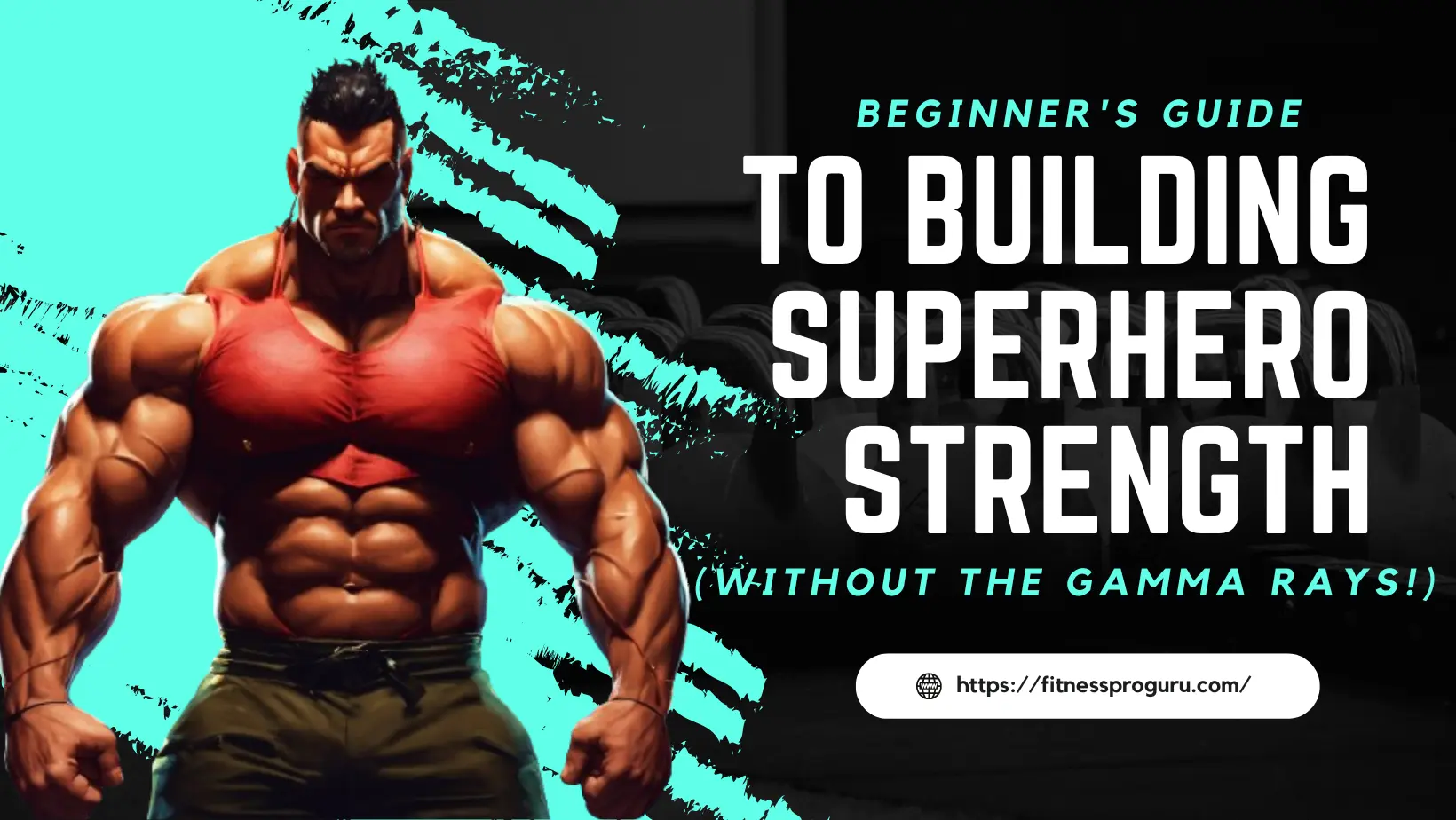

The pull up is one of the best bodyweight exercises for adding upper-body mass and
strength. But just because you’ve been doing them since PE doesn’t mean your mechanics are on point. Here are the five most common pull-up mistakes and how to avoid them.
How to do kb press out
YOU’RE NOT STARTING FROM A DEAD HANG
Lower yourself to a dead-hang position – hanging with arms straight and your feet suspended. Skipping this step means you’re doing half-rep pull-ups that reduce your muscle’s time-under-tension and allows more biceps activation. The dead hang is a reset that pre-engages your lats before pulling. Add even more difficulty by including a one-second pause at the bottom.
YOU’RE NOT ENGAGING YOUR LATS
Before you begin, lower your shoulders, raise your rib cage and elongate your neck. Doing so
puts your body in an advantageous mechanical position that allows for better target muscle
activation. Failing to pre-engage the lats will result in more help from your arms and shoulders.
YOU’RE NOT ARCHING YOUR BACK
Stop being such a stiff. Arching your back enables the spine to extend and allows your thoracic region to open up. This forces your shoulder blades together and recruits more of your upper back.
YOU’RE PULLING PAST YOUR CONTRACTION
We often advise that your chin should pass the bar at the apex of the movement, but that might not work for your body. It’s OK if you feel a peak contraction when your eyes or nose reach bar height rather than your head or neck. Discover when you feel the contraction and use that as your benchmark for all of your reps.
YOU’RE KIPPING
Kipping, or using momentum, is an easy way to do more reps without fully activating your back muscles, but you risk damaging your shoulder joints as a result of the constant swinging. This has no carryover to your strict pull-up. For the best results, stick to the basic pull-up and execute
each rep with control.




